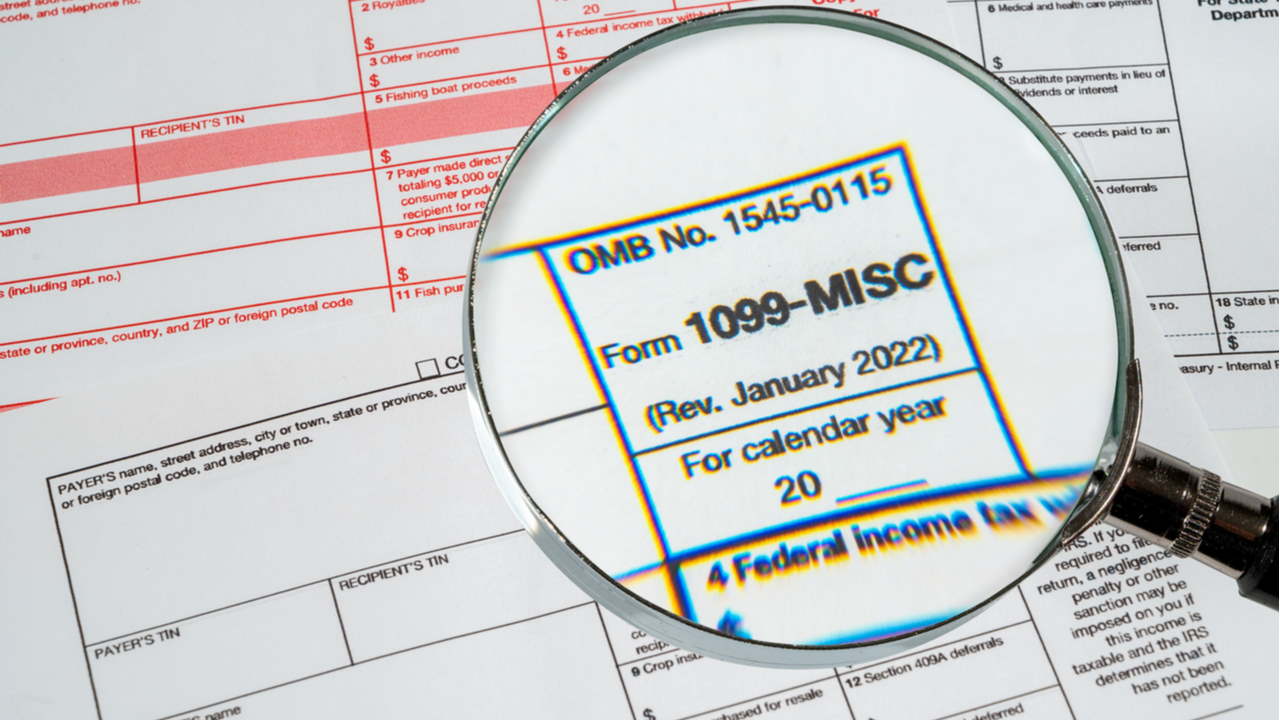 Many crypto exchanges send tax forms to the IRS, each with their own list of supported tokens and info that doesn’t necessarily match up. This can create a lot of confusion for U.S. taxpayers. Luckily, Cointelli can swiftly and reliably create a unified tax report with the push of a button. And if there are […]
Many crypto exchanges send tax forms to the IRS, each with their own list of supported tokens and info that doesn’t necessarily match up. This can create a lot of confusion for U.S. taxpayers. Luckily, Cointelli can swiftly and reliably create a unified tax report with the push of a button. And if there are […]Taxes are one of the more opaque issues in crypto, with many investors still unsure how to calculate taxes on earnings or whether they owe taxes at all. The DeFi space, in particular, has many moving parts when it comes to taxation and asset classes.
Crypto Briefing has put together a brief guide that lays out how users’ DeFi income might be taxed, as well as ways they can save money come tax season.
Users will need to pay either capital gains tax or ordinary income tax on any profits from loaning crypto on DeFi platforms. Check the DeFi platform’s documentation to see whether capital gains or income tax applies.
Platforms paying crypto directly to users’ wallet balance are generating ordinary income for their users. If users loan BTC and receive BTC in return, users will likely be taxed as they would on their salary or other ordinary income, and marginal tax rates apply. The tax applies to the market value of crypto at the time a user receives it.
However, when a platform pays out in its own liquidity pool token (LPT), profits from selling that LPT usually fall under capital gains tax. Capital gains tax applies to all property, including crypto, which is also classed as property. This can be cheaper in some cases, particularly when the asset is held for over a year and cheaper capital gains rates apply.
If a user earns crypto as ordinary income and sells that crypto after it has risen in value, they may need to pay both income tax and capital gains tax.
When users supply liquidity to a DeFi pool with crypto assets and withdraw those assets in exchange for their LPT reward, users incur capital gains at the point of withdrawal.
Examples of LPTs from two major DeFi lending platforms, Compound and Aave, may provide more clarity.
Aave issues its interest-bearing aTokens at a 1:1 ratio with the underlying asset that users supply. So if users supply 100 DAI, they’ll receive 100 aDAI. If users supply 10 ETH, they’ll receive 10 aETH. Aave’s aTokens are taxed as ordinary income — when the aToken balance increases, they’re liable for income tax on that balance.
Taxable events here include:
Note: Capital losses do not offset ordinary income tax, so if users sell aETH for a capital loss, this is not deductible from the ordinary income tax bill.
Compound, on the other hand, does not issue cTokens at a 1:1 ratio. When a market earns interest, cTokens are worth an increasingly larger sum of the underlying asset — their balance of cTokens does not increase, but rather the value of those cTokens increases. This is taxable as capital gains tax rather than ordinary income.
COMP, on the other hand, the native Compound token, is issued as part of its governance incentives and other incentives. When a DeFi platform distributes its native token as a reward, it is usually taxed as ordinary income. This applies to COMP, BAL, YFI, and other native DeFi tokens.
DeFi users can take out crypto loans to save money on taxes.
When they borrow crypto for collateral, they are not generating a taxable event. Many DeFi users take out loans such as supplying ETH collateral to borrow funds to pay taxes without triggering more taxable events.
It’s important to note that if the value of the collateral (in the above case, ETH) sinks too low, then a margin call or liquidation will be triggered. The IRS will treat this as if a user had sold the funds, generating another capital gains or losses event.
It is recommended to consult a professional crypto tax specialist when it comes to filing DeFi taxes. CryptoTrader.Tax, TaxBit, and TokenTax are three examples of tax firms experienced in cryptocurrency taxation, using specialized crypto tax software to calculate users’ final returns.
It’s always a good idea to maintain good record-keeping throughout DeFi and crypto trading and investing to make tax season as seamless as possible, leaving users with more time to focus on the opportunities that lie ahead.
Disclosure: At the time of writing, the author held Bitcoin.
—
Disclosure: When using some of the above links related to tax services mentioned in this article, you support independent journalism on Crypto Briefing. This does not impact our reporting. We continue to pursue a fair and balanced editorial. For more information about our partnership with Sorare, please do not hesitate to reach out to us on Twitter or Telegram.